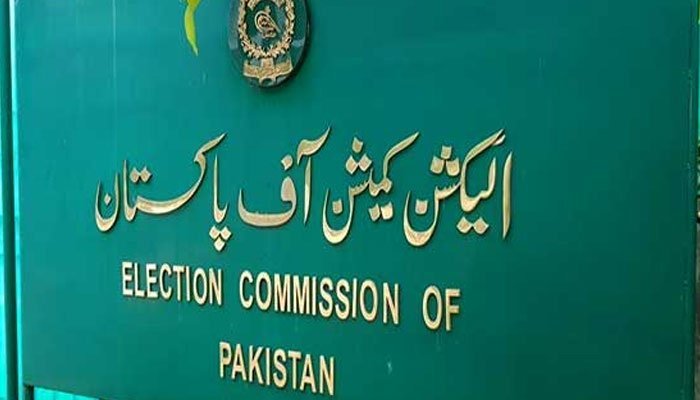ISLAMABAD: The opposition PTI on Tuesday signalled willingness to engage in reconciliation talks with the ruling coalition, but only if
ISLAMABAD: The Election Commission of Pakistan (ECP) has expressed its inability to conduct general elections within three months, citing various legal hitches and procedural challenges as the reason.
A senior official of the ECP told media that the preparations for the general elections would require some six months. He said fresh delimitation of constituencies, particularly in Khyber Pakhtunkhwa where the number of seats had been increased under the 26th Amendment, and bringing district- and constituency-wise electoral rolls in conformity were the major challenges.
“Delimitation is a time-consuming exercise where the law provides for one month’s time just to invite objections,” he said, adding that another one month was required to address the same. He said a minimum of three months would be required to complete the exercise, followed by another gigantic task of updating voters’ lists.
The official said procurement of election material, arrangement for ballot papers and appointment and training of polling staff were also amongst the challenges. He said that under the law, ballot papers with water mark were to be used which were not available in the country and would have to be imported. He revealed that the ECP had proposed to amend the law to provide for ballot papers with ‘security features’, instead of ‘water mark’.
The official said inviting bids and scrutinising financial and technical quotations would also require some time. About the election material, he said some two million stamp pads would be required for around 100,000 polling stations. “This is just one example. Other materials in huge quantity, including scissors and ball points, will also have to be procured,” he remarked.
Referring to some legal hitches, the official said that under Section 14 of the Elections Act, the ECP was to announce an election plan four months prior to the polls. He said the law requiring use of EVMs (electronic voting machines) and giving overseas Pakistanis voting rights also held the field and had to be repealed.
The official said the commission had already announced the schedule for local government (LG) elections in Baluchistan, setting May 29 as the polling day, while the process was also under way to hold LG polls in Punjab, Sindh and Islamabad.
“We will have to drop the plan for LG polls, if general elections are to be conducted,” he noted.
Expressing grave concern over the recent political developments and ensuing constitutional crisis, the Free and Fair Election Network (Fafen) has identified multiple constitutional, legal and operational challenges to the conduct of an early election.
“While the constitutionality of the measures leading to the dissolution of the National Assembly will be decided by the Supreme Court, Fafen hopes for a prompt decision by the apex court, which rightly took up the matter suo moto, as any delay will continue to accrue collateral issues arising out of the constitutional deadlock.
“Public confusion and political divisions that have already arisen as a result can potentially translate into violent expression. Political parties have a great responsibility to manage their workers and make sure that political disagreements do not turn into violence, especially ahead of an early election,” Fafen said in a statement issued on Monday.
According to it, an early election may not be a smooth process in view of several constitutional and legal complications.
“The critical factor for the legitimacy of any election will be the completion of the Election Commission,” it said, pointing out that the ECP members from Punjab and KP were yet to be appointed. The constitutional procedure for appointment of the members under a caretaker set-up remains unclear under Article 213 (2B), which requires the prime minister and the opposition leader to initiate the process in a specially formed committee comprising only senators.
Another concern is the constitutional and legal status of the current delimitation of seats of the national and provincial assemblies since it was carried out on the basis of provisional results of the 2017 census.
Similarly, confusion continues to shroud the practicality and enforcement of the recent amendments to the Elections Act, 2017, pertaining to the use of EVMs and the facilitation of overseas Pakistanis to vote in their country of residence, which were passed by a joint sitting of parliament without the support of the opposition parties.
You May Also Like
ISLAMABAD: The project ‘Dubai Unlocked’ revealed the ownership of properties of the global elite in Dubai. The list includes political
VICTORIA: Parliament in Australia’s state of Victoria has voted to ban members from wearing the traditional Palestinian keffiyeh and other






